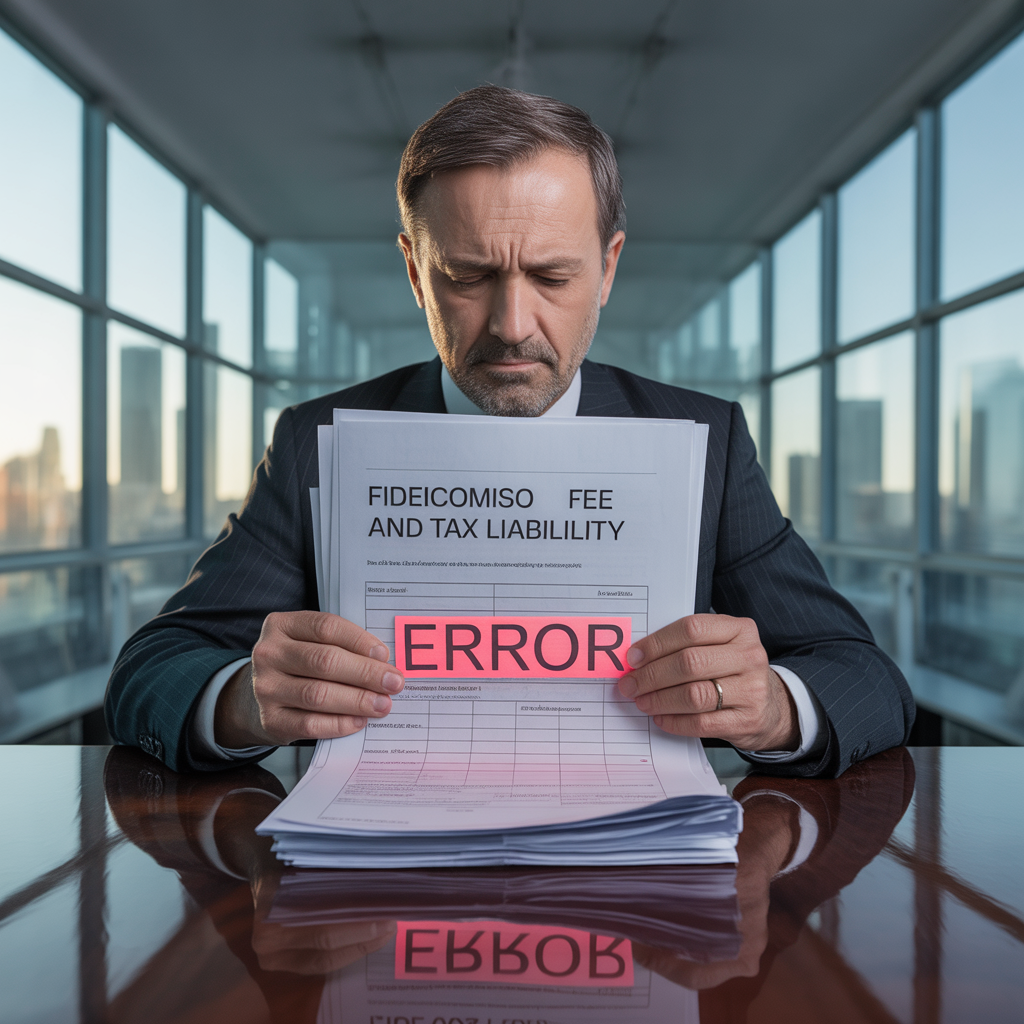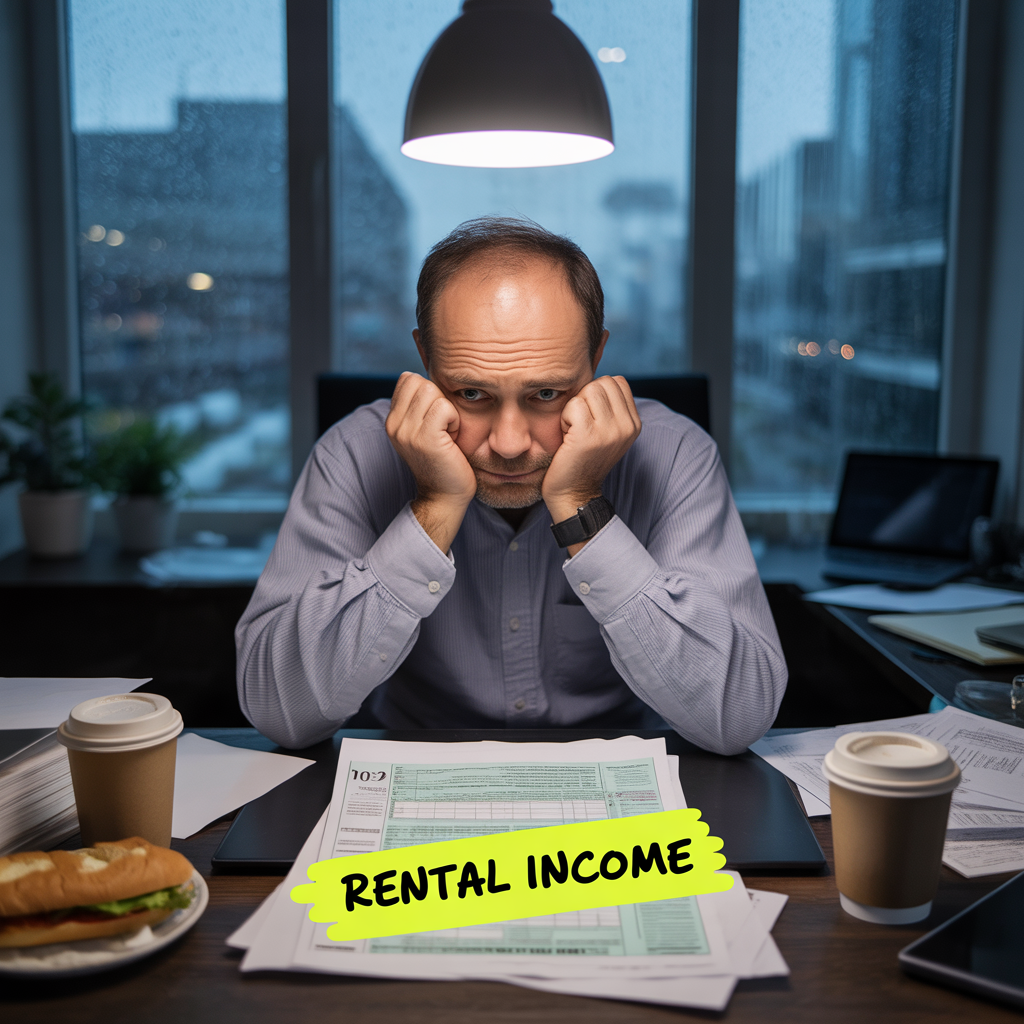Investing in Mexico’s vacation rental market is a fantastic opportunity, but it comes with a unique set of tax obligations. Misunderstanding these can lead to costly penalties and legal headaches. As a foreign investor, it’s crucial to understand the landscape. Here are the five biggest tax mistakes we see foreign investors make and how you can avoid them.

Mistake #1: Ignoring the Fideicomiso Fee and Tax Liability
Many foreign buyers are aware of the Fideicomiso, the bank trust that allows foreigners to hold property in Mexico’s restricted zones. What they often fail to consider is that the bank managing this trust will charge an annual fee, which is a deductible expense. More importantly, rental income generated from the property is subject to Mexican income tax. You cannot simply remit all your rental earnings to a foreign bank account and pretend the tax liability doesn’t exist.
How to Avoid: Work with a local accountant who specializes in foreign real estate investment. They can help you structure your rental income to be tax-compliant and ensure you are taking advantage of all legitimate deductions.

Mistake #2: Under-reporting or Not Reporting Rental Income
The temptation to “not declare” your rental income is a dangerous one. Mexico’s tax authority, the SAT (Servicio de Administración Tributaria), is increasingly sophisticated, with access to data from major rental platforms like Airbnb and Vrbo. They can and will track your rental income.
How to Avoid: All rental income must be reported. Your accountant will help you register with the SAT and file monthly tax returns (declaraciones mensuales). This is a non-negotiable step to stay compliant.
Invest in Paradise—With the Numbers to Back It Up
Download the Riviera Maya Investor Guide with ROI & occupancy benchmarks, neighborhood cheat-sheets for Cancún, Playa del Carmen, Tulum, Puerto Morelos, Puerto Aventuras, tax/ownership essentials, and a ready-to-use property selection checklist and more!
Mistake #3: Neglecting to Deduct Legitimate Expenses
Just as you can with a rental property in your home country, you can deduct a variety of expenses to lower your taxable income in Mexico. Common mistakes include not keeping proper records or simply not knowing what can be deducted. Legitimate expenses include: property management fees, property taxes (Predial), utility bills, maintenance and repairs, and even interest on a mortgage.
How to Avoid: Maintain meticulous records of all your expenses. This is where a good property manager can be invaluable, as they can provide detailed reports that make your accountant’s job much easier.

Mistake #4: Not Understanding the Capital Gains Tax
When you sell your property in Mexico, you are subject to a capital gains tax. This is calculated on the profit from the sale, not the total sale price. A common mistake is not understanding the rules for deductions, which can significantly lower the tax bill. Deductions can include a certain percentage of the cost of the property, the notary fees paid during the purchase, and any significant improvements you’ve made.
How to Avoid: Consult with your notary public (notario público) and accountant before you list your property for sale. They can advise you on how to structure the sale and what documents you need to prove your deductions.


Mistake #5: Failing to Get a Tax ID (RFC)
To pay taxes in Mexico, you need a federal taxpayer registry (Registro Federal de Contribuyentes or RFC) number. Many foreign investors think this is only for residents. It’s not. To legally rent your property and declare your income, an RFC is a necessity.
How to Avoid: Your local accountant can help you apply for and obtain an RFC. The process is straightforward, but it requires the right documentation and guidance.
In conclusion, while Mexico’s tax system can seem daunting, it’s manageable with the right professional help. Proactively addressing these common mistakes will protect your investment and ensure a smooth, profitable experience in the Mayan Riviera.

Our core differentiator is our unwavering, exclusive buyer advocacy.
We work for YOU, the investor, not for any broker or developer.
